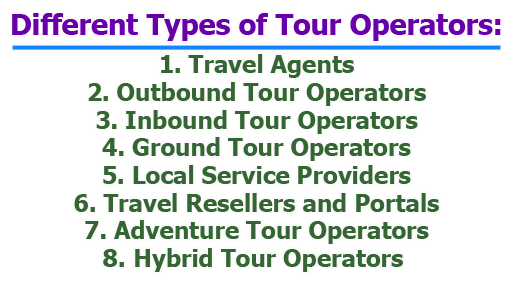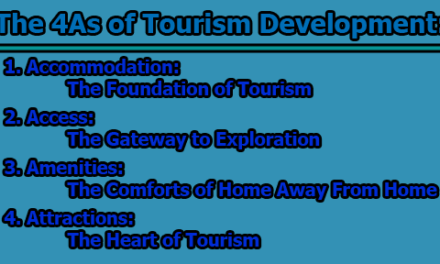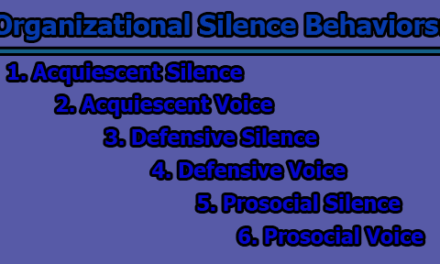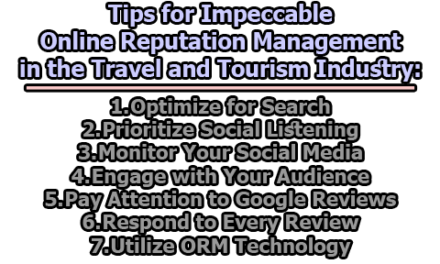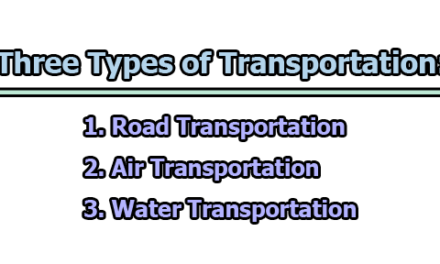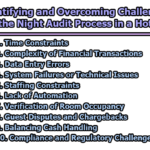Tour operators are one of the important stakeholders of the tourism industry. Many times tour operators are a part of the developing tourism sector. Tour operators are providing tourism services to tourists and also it can be stated that tour operators act as middlemen between the tourism industry and tourists. Without tour operators, tourists can’t enjoy tourism activities. The person or agency that is providing the tourism-required facilities for the tourists will be considered the tour operator. In this article, we are going to know about different types of tour operators.
Definitions of Tour Operators:
A tour operator is a professional organization that specializes in creating, planning, and organizing group travel packages. They typically offer a range of pre-packaged tours that cover various destinations and activities, from adventure trips to cultural experiences. Tour operators handle all the logistics of the trip, including transportation, accommodation, meals, and activities. They may also offer customized itineraries tailored to the specific needs and preferences of individual travelers or groups.
Tour operators work with travel suppliers, such as airlines, hotels, and transportation companies, to negotiate the best rates and deals for their customers. They also have extensive knowledge of the destinations they offer, including the local culture, customs, and attractions. This allows them to provide valuable insights and recommendations to travelers and ensure that their trip runs smoothly from start to finish.
From the above definitions, we can say that tour operators play a crucial role in the travel industry by making it easier and more convenient for people to explore new destinations and cultures. Whether you’re looking for a budget-friendly trip or a luxury vacation, a tour operator can help you create an unforgettable travel experience.
Different Types of Tour Operators:
Tour operators offer a wide range of pre-packaged tours that cover various destinations and activities. There are many tour operators who play their role in rendering services to the tourist, they are:
1. Travel Agents: Travel agents are professionals who help individuals and groups plan and book travel arrangements. They may work for a travel agency or operate independently. Travel agents typically offer a range of travel services, including airfare, hotel reservations, car rentals, and travel insurance. They may also offer pre-packaged tours that are organized by tour operators.
2. Outbound Tour Operators: Outbound tour operators specialize in organizing travel packages for travelers who are leaving their home country to visit another country. They work with travel suppliers, such as airlines, hotels, and transportation companies, to negotiate the best rates and deals for their customers. Outbound tour operators handle all the logistics of the trip, including transportation, accommodation, meals, and activities.
Outbound tour operators may offer a variety of travel packages, including cultural tours, adventure trips, and beach vacations. They may also offer customized itineraries tailored to the specific needs and preferences of individual travelers or groups.
3. Inbound Tour Operators: Inbound tour operators specialize in organizing travel packages for travelers who are visiting their home country. They work with travel suppliers to create comprehensive itineraries that showcase the best of their country’s culture, history, and attractions. Inbound tour operators handle all the logistics of the trip, including transportation, accommodation, meals, and activities.
Inbound tour operators may offer a variety of travel packages, including city tours, cultural experiences, and eco-tourism trips. They may also offer customized itineraries tailored to the specific needs and preferences of individual travelers or groups.
4. Ground Tour Operators: Ground tour operators specialize in organizing ground transportation and tours within a specific destination. They work with local travel suppliers to create comprehensive itineraries that showcase the best of the destination’s culture, history, and attractions. Ground tour operators handle all the logistics of the trip, including transportation, accommodation, meals, and activities.
Ground tour operators may offer a variety of travel packages, including city tours, cultural experiences, and adventure trips. They may also offer customized itineraries tailored to the specific needs and preferences of individual travelers or groups.
5. Local Service Providers: Local service providers offer a wide range of travel services within a specific destination. They may include tour guides, transportation providers, accommodation providers, and activity providers. Local service providers work closely with tour operators to create comprehensive travel packages that meet the needs and preferences of their customers.
Local service providers may offer a variety of services, including city tours, cultural experiences, and adventure trips. They may also offer customized itineraries tailored to the specific needs and preferences of individual travelers or groups.
6. Travel Resellers and Portals: Travel resellers and portals are online travel agencies that offer a wide range of travel services, including airfare, hotel reservations, car rentals, and travel insurance. They work with travel suppliers to negotiate the best rates and deals for their customers. Travel resellers and portals may also offer pre-packaged tours that are organized by tour operators.
Travel resellers and portals may offer a variety of travel packages, including city tours, cultural experiences, and adventure trips. They may also offer customized itineraries tailored to the specific needs and preferences of individual travelers or groups.
7. Adventure Tour Operators: Adventure tour operators specialize in organizing adventure travel packages that cater to travelers seeking adrenaline-fueled experiences. They may offer a wide range of adventure activities, including hiking, kayaking, rafting, rock climbing, and wildlife safaris. Adventure tour operators work with travel suppliers to create comprehensive itineraries that include transportation, accommodation, meals, and activities.
Adventure tour operators may offer a variety of adventure travel packages, including multi-day hikes, camping trips, and wildlife safaris. They may also offer customized itineraries tailored to the specific needs and preferences of individual travelers or groups.
In addition to the above types of tour operators, there are also other specialized tour operators that cater to specific niches within the travel industry. For example, there are culinary tour operators that specialize in food and wine tours, wellness tour operators that focus on health and wellness retreats, and educational tour operators that offer educational travel experiences for students and teachers.
Furthermore, there are also hybrid tour operators that combine different types of travel experiences into a single package. For example, a tour operator may offer a cultural and adventure tour that includes visits to historical sites and museums, as well as hiking and outdoor activities.
Overall, by providing tourism services to tourists, tour operators are developing the tourism sector. It can also be assumed that tour operators are depending upon tourism activities. It has been observed that a major portion of the country’s revenue is generated by tourism activities.
References:
- Altinay, L., Paraskevas, A., & Jang, S. (2015). Planning research in hospitality and tourism. Routledge.
- Buhalis, D. (2016). Tourism distribution channels: Practices, issues, and transformations. In The Routledge Handbook of Transport Economics (pp. 287-299). Routledge.
- Carneiro, M. J., & Eusébio, C. (2018). The role of tour operators in the tourism value chain. In Advances in Tourism, Marketing, and Management (pp. 27-40). Springer.
- Cooper, C., Fletcher, J., Fyall, A., Gilbert, D., & Wanhill, S. (2019). Tourism: principles and practice. Pearson.
- Goeldner, C. R., & Ritchie, J. R. (2017). Tourism: Principles, practices, philosophies. John Wiley & Sons.
- Hudson, S., & Ritchie, B. J. (2006). Promoting destinations: An exploratory study of publicity programs used by national tourism organizations. Journal of Vacation Marketing, 12(3), 195-206.
- Jamal, T., & Robinson, M. (2010). The SAGE Handbook of tourism studies. SAGE Publications.
- Kozak, M., & Baloglu, S. (2011). Managing and marketing touristic attractions: A strategic approach. Routledge.
- Law, R., Buhalis, D., & Cobanoglu, C. (2014). Progress on information and communication technologies in hospitality and tourism. International Journal of Contemporary Hospitality Management, 26(5), 727-750.
- Weaver, D. B. (2016). Sustainable tourism: Theory and practice. Routledge.

Former Student at Rajshahi University

